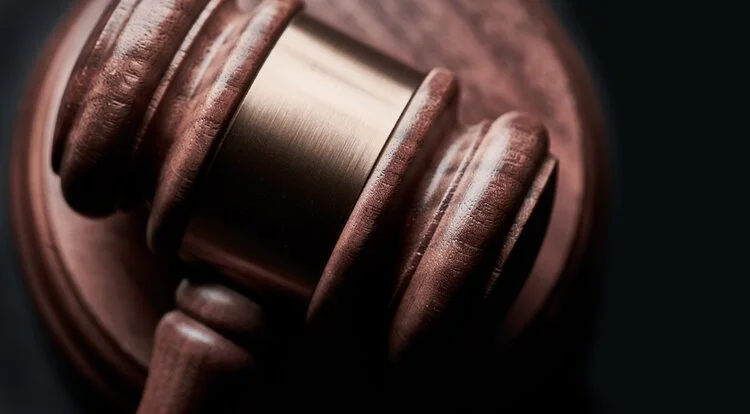The Basics of Guardianship
WHAT IS A GUARDIANSHIP?
A guardianship or conservatorship is a legal proceeding conducted through the court system which in Kentucky requires a jury to find an individual (the ward) to be wholly or partially disabled and appoints an appropriate person to make personal, medical, legal and financial decisions on the ward’s behalf. Guardianship for disabled adults is governed by KRS 387.500 to 387.990.
WHEN ARE GUARDIANSHIPS APPROPRIATE?
When a person never has been, or is no longer competent, and he or she, when able, did not execute powers of attorney for legal or medical affairs, the only alternative choice to provide the protection and service necessary to the individual is for a guardianship to be established. Guardianships when the mental disability has existed since birth or was created while the individual was a legal minor are the only option, of course. Guardianship and conservatorship for disabled persons of any age and situation are to be utilized only as is necessary to promote their well-being, including protection from neglect, exploitation, and abuse; are to be designed to encourage the development of maximum self-reliance and independence in each person; and are to be ordered only to the extent necessitated by each person’s actual mental and adaptive limitations.
DISADVANTAGES.
Guardianships are court-monitored, restrictive, time-consuming, and expensive. While, they are often used to bring accountability to the management of a ward or his assets, in family conflict situations, the court undertakes this conflict reluctantly. The results do not always provide stability for the ward or family.
ADVANTAGES.
The guardianship process can bring financial stability to the person under guardianship and provide neutral third-party oversight. It also can make sure that the person is in a safe environment.
CAN GUARDIANSHIP BE AVOIDED?
In many instances, guardianship can be avoided by having robust durable powers-of-attorney that cover an individual’s health care, legal and financial affairs. A person with powers-of-attorney may still need a guardianship if the powers-of-attorney do not contain necessary powers or necessary legal language. Additionally, severe family conflicts over the ward’s housing arrangements or finances may result in guardianship proceedings.
LEARN MORE
Our firm practices in the area of guardianship and conservatorship for adults. We represent the Respondent, potential ward (or person under guardianship), and applicants for guardian. Learn more about guardianship and how Bluegrass Elderlaw can help you.


